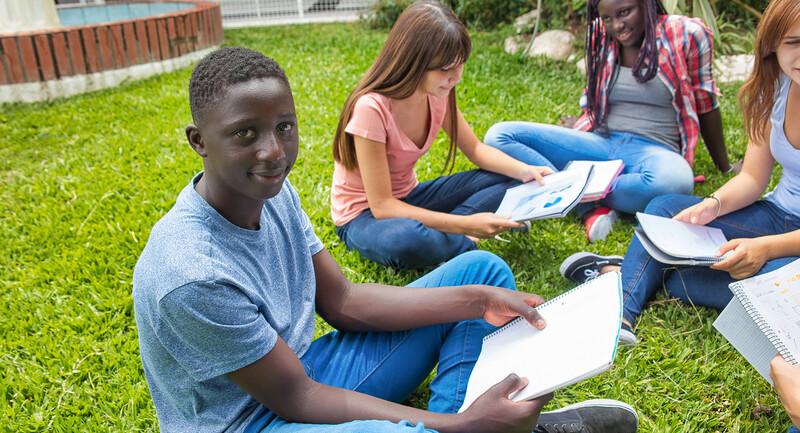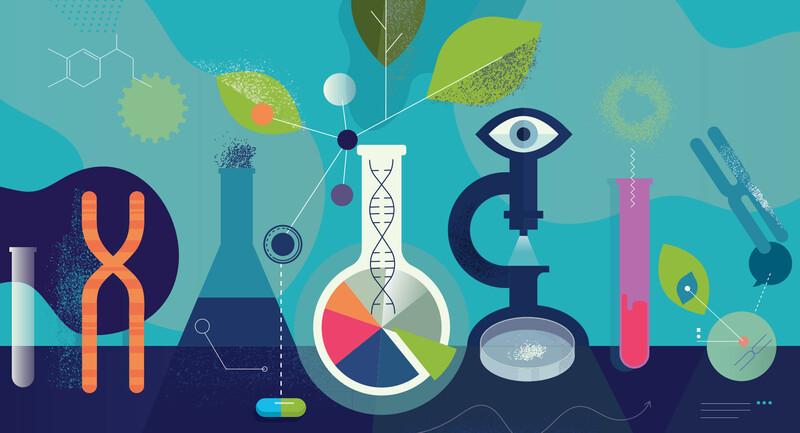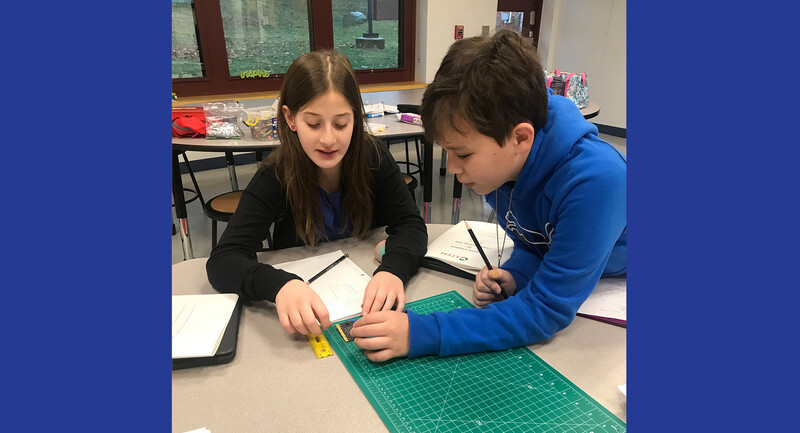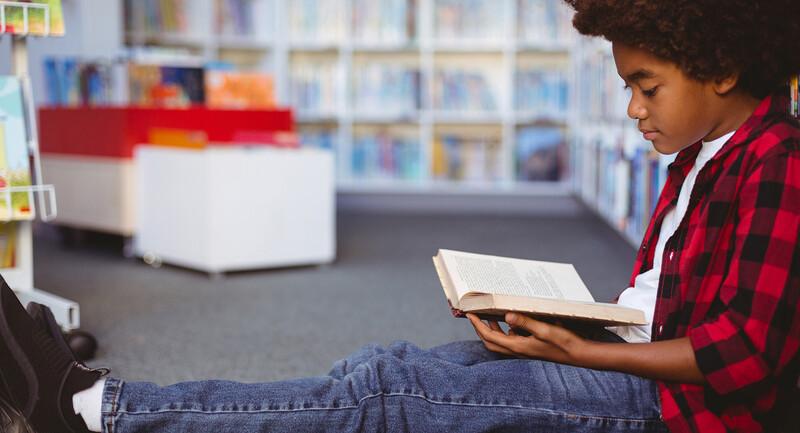Educators are trained to provide students with the help they need to thrive both academically and socially. We even have the firsthand knowledge and experience of having been teenagers ourselves. It's important, however, to recognize that our experiences may be, and most likely are, very different from what our students experience today. For that reason, we must ask students about their experiences and use their perspectives to inform our approach to teaching and leading. I recently interviewed over 40 teens in grades 6 through 12 and asked them, "What do you need from schools to feel supported both academically and socially?" I share their responses, both honest and illuminating, here.
Finding #1: Teens want explicit proof that the adults in their lives know them as individuals.
Teachers who take the time to learn about their students as individuals send a clear message that they care about them. Students say the best teachers " really care … and actually want to help the students rather than just stand up and give a lesson," (11th grader). "I know I learn better with teachers I like, teachers I feel I can trust," (9th grader). Recommendations related to this finding include the following:
- Teens want teachers to know about their learning styles, their interests, and what causes them stress. Differentiation and flexibility are key components of classrooms where students feel like the adults in their lives have their best interests at heart.
- Teens want teachers to work together as a team; they want adults to talk to each other about the amount of work that is expected in each class. "We have seven or eight hours of school, then after-school sports, and then we have three hours of homework" (9th grader). Teens want schools to intentionally create and maintain structures that lead to a more balanced workload.
- Face-to-face communication is the most powerful way to build relationships. Teens want adults to initiate regular check-ins with them.
- Teachers must demonstrate they believe in their students. "Don't stereotype kids … keep an open mind," (9th grader).
Finding #2: Teens want easily accessible resources.
Students said knowing where and when to find help was a key component in feeling supported. One senior said being able to "get connected with who you need and having a lot of resources" was one way his school helped him succeed. The following recommendations are related to this finding:
- Schools should have designated and well-advertised physical spaces for students to go to when they need help. Teens appreciate help centers that are staffed with adults who can assist before, during, and after school hours with homework, friend issues, and other problems.
- Schools should build time into the schedule for students to meet with teachers outside of regular class time.
- Teachers should provide online resources for all classes so that students who need additional support can access the information. This was especially important for students when they had been absent from class.
- Adults should step in when they see students struggling if the teens do not initiate the conversation. "I'm really bad about going to an adult and saying, 'I need help with this' because it feels like I'm asking too much," (7th grader).
Finding #3: Teens demand authentic, meaningful work.
Teens are savvy. They know when an assignment is busy work. "They [teachers] should give you more important homework that actually focuses on the topic," (8th grader). Recommendations related to this finding include the following:
- Problem-based learning makes a greater impact on depth and retention of learning. Teens want more hands-on activities and assignments where they can explore creative endeavors.
- Work should employ multiple strategies and allow for individuality. Teens want teachers to spend time exploring the different strategies so that they can feel confident about deciding which strategies to use and when.
- Classrooms need to be interactive and teacher lecture needs to be kept to a minimum; otherwise, "they're just saying things at you," (11th grader).
- Teenagers want adults to focus less on grades. "Instead of focusing on the process of learning, they [teachers] only care about the execution and grade you receive about it," (9th grader).
Finding #4: Teenagers crave human interaction.
Between schoolwork and busy schedules, "there's not a lot of time hang out with your friends," say several 9th graders. Recommendations related to this finding include the following:
- Teens want more time for collaboration and group work with their peers.
- Social media means teens have many friends online, but younger teens say they struggle to socialize with those same friends face-to-face and want schools to teach them this skill.
- Schools should create structured opportunities for teens to socialize with the entire school community and to "bond" with students outside their typical social groups.
Finding #5: Teens want the opportunity to fail.
"Kids have to learn how to do it themselves. When we go out into the real world, we're not going to have adults there helping us. We're going to have to do it ourselves," (7th grader). The following recommendations are related to this finding:
- Adults should create safe spaces, activities, and opportunities that allow teens to work through a process independently.
- Adults should avoid stepping in too soon, or too often, to assist struggling students, because teens need the time and practice to learn to work together.
Whether the thoughts of my students or your own inform your practice, remember: if we're really doing what's best for teens, then we need to listen to their voices. Just asking teens, "how can I help?" or "what do you need from me?" is the first step in determining what teens need from schools.







